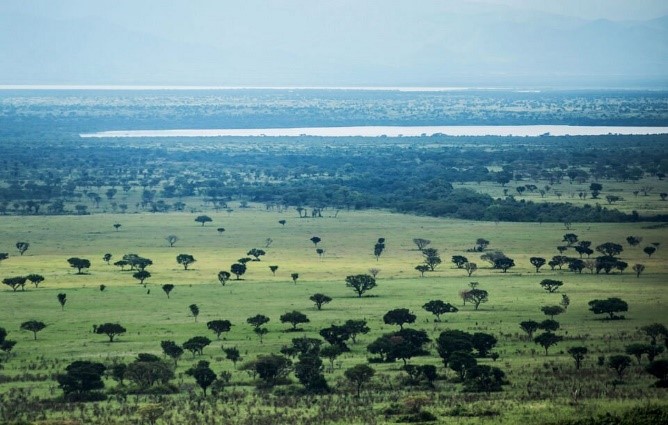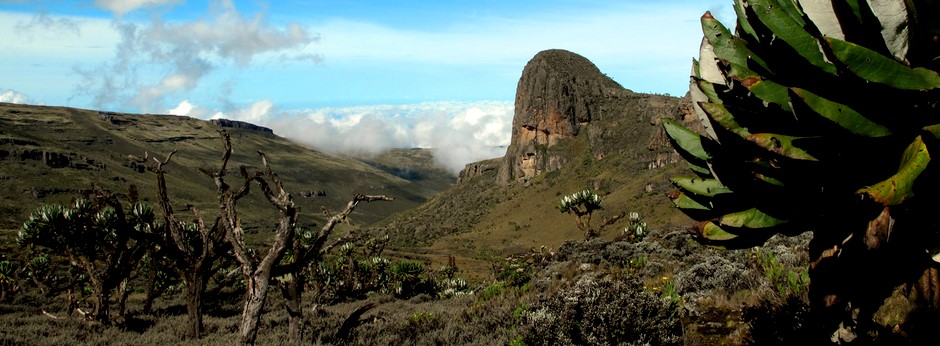In an effort to strengthen the management of Biosphere Reserves (BRs) across Uganda, the Uganda National Commission for UNESCO recently spearheaded a series of workshops aimed at enhancing the capacity of conservation managers and local stakeholders. Under the UNESCO Participation Programme, these workshops underscored the importance of effective and efficient BR management within the country.
Biosphere Reserves are protected areas where ecosystems thrive in harmony, accommodating diverse biotic components while addressing the needs of local communities. Rooted in the Man and the Biosphere (MAB) Programme initiated by UNESCO in 1971, BRs have emerged as hubs of innovation, offering localized solutions to global environmental challenges over the past six decades.
With 738 BRs spanning 134 countries worldwide as of January 2023, the global network of BRs, facilitated by the World Network of Biosphere Reserves (WNBR), fosters collaboration and knowledge exchange on a global scale. In Africa alone, there are 90 designated BRs across 33 countries, reflecting the continent’s commitment to biodiversity conservation and sustainable development.
Uganda, with its two designated BRs (the Mount Elgon and Queen Elizabeth Biosphere Reserves) stands at the forefront of this conservation effort. However, the emerging nature of BR management in the country, compounded by a lack of understanding about how BRs operate, poses challenges for park authorities and local communities alike.

Queen Elizabeth Biosphere Reserve
Recognizing the need for targeted capacity-building initiatives, the Uganda National Commission for UNESCO organized and conducted workshops aimed at strengthening the management of BRs within Uganda. Held in three locations across the country i.e. Kampala, Mbale, and Kasese (Mweya), these workshops brought together 58 participants, including conservation managers and field staff of UWA, eager to enhance their understanding of BR management principles.
Central to the workshops’ success was their interactive nature, which encouraged active discussions and facilitated knowledge exchange among participants. Trainers employed a variety of methodologies, including presentations and hands-on activities, to ensure that information was not only disseminated but also comprehensively understood.
The main objective of these workshops was to equip participants with the necessary skills and knowledge to navigate the complexities of BR management, in line with the principles outlined in the MAB Strategy and the Lima Action Plan. By fostering a deeper understanding of BR management principles and promoting stakeholder engagement, we will pave the way for sustainable development and biodiversity conservation within BRs in Uganda.

Mt. Elgon Transboundary Biosphere Reserve
The workshops served as a catalyst for broader community engagement, aiming to bridge the gap between park authorities and local communities sharing boundaries with BRs. By empowering local stakeholders with the requisite knowledge and skills, we aim to foster a sense of ownership and stewardship over Uganda’s natural heritage, thereby mitigating conflicts and promoting collaboration in BR management. Moving forward, continued collaboration and investment in capacity-building initiatives will be vital in safeguarding Uganda’s BRs and nurturing a thriving ecosystem for future generations to enjoy

